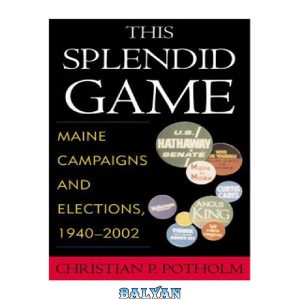This new book reviews critically recent studies of fire control, and describes the essentials of naval gunnery in the dreadnought era. With a foreword by Professor Andrew Lambert, it shows how, in 1913, the Admiralty rejected Arthur Pollen’s Argo system for the Dreyer fire control tables. Many naval historians now believe that, consequently, British dreadnoughts were fitted with a system that, despite being partly plagiarised from Pollen’s, was inferior: and that the Dreyer Tables were a contributory cause in the sinking of Indefatigable and Queen Mary at Jutland. This book provides new and revisionist accounts of the Dreyer/Pollen controversy, and of gunnery at Jutland. In fire control, as with other technologies, the Royal Navy had been open, though not uncritically, to innovations. The Dreyer Tables were better suited to action conditions (particularly those at Jutland). Beatty’s losses were the result mainly of deficient tactics and training: and his battlecruisers would have been even more disadvantaged had they been equipped by Argo. It follows the development of the Pollen and Dreyer systems, refutes the charges of plagiarism and explains Argo’s rejection. It outlines the German fire control system: and uses contemporary sources in a critical reassessment of Beatty’s tactics throughout the Battle of Jutland.
ترجمه فارسی (ترجمه ماشینی)
این کتاب جدید، بررسیهای انتقادی اخیر درباره کنترل آتش را بررسی میکند و ملزومات تیراندازی نیروی دریایی را در دوران ترسناکی توصیف میکند. با پیشگفتاری توسط پروفسور اندرو لمبرت، نشان می دهد که چگونه در سال 1913، دریاسالاری سیستم آرگو آرتور پولن را برای جداول کنترل آتش درایر رد کرد. بسیاری از مورخان نیروی دریایی اکنون بر این باورند که در نتیجه، دردنات های بریتانیایی مجهز به سیستمی بودند که علیرغم سرقت تا حدی از پولن، ضعیف بود: و اینکه میزهای درایر عاملی در غرق شدن کشتی ناتوان و ملکه مری در یوتلند بودند. این کتاب گزارشهای جدید و تجدیدنظرطلبانهای از مناقشه درایر/گرده و تیراندازی در یوتلند ارائه میدهد. در کنترل آتش، مانند سایر فنآوریها، نیروی دریایی سلطنتی پذیرای نوآوریها بود، البته نه غیرقابل انتقاد. میزهای Dreyer برای شرایط عمل (مخصوصاً در Jutland) مناسبتر بودند. شکستهای بیتی عمدتاً نتیجه تاکتیکها و آموزشهای ناقص بود: و رزمناوهای او اگر توسط آرگو تجهیز میشدند بدتر میشدند. توسعه سیستم های پولن و درایر را دنبال می کند، اتهامات سرقت ادبی را رد می کند و رد آرگو را توضیح می دهد. این سیستم کنترل آتش آلمان را تشریح می کند: و از منابع معاصر در ارزیابی مجدد انتقادی تاکتیک های بیتی در سراسر نبرد یوتلند استفاده می کند.












نقد و بررسیها
هنوز بررسیای ثبت نشده است.